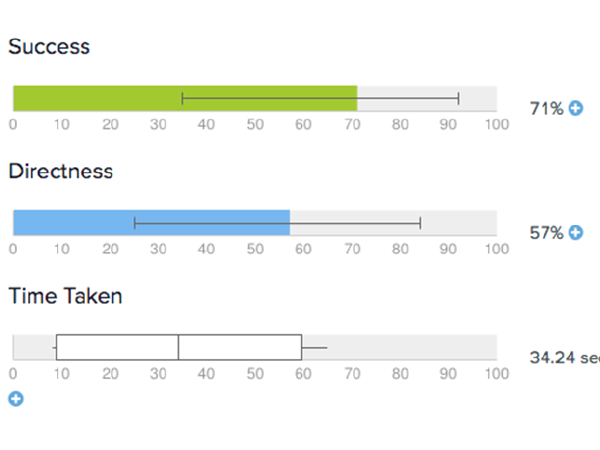Caktus Blog
2018

Add Value To Your Django Project With An API
How do your users interact with your web app? Do you have users who are requesting new features? Are there more good feature requests than you have developer hours to build? Often, a small addition to your app can open the door to let users build features they want (within limits) without using more of your own developers’ time, and you can still keep control over how data can be accessed or changed. That small addition is called an application programming interface, or API. APIs are used across the web, but if you aren’t a developer, you may not have heard of them. They can be easily built on top of Django projects, though, and can provide great value to your own developers as well as to your users.

UX Research Methods 3: Evaluating What Is
In previous blog posts on UX research methods, I discussed techniques we use to understand how users think and feel, what they need and want, and why; and those we use to analyze and understand user behavior.

UX Research Methods 2: Analyzing Behavior
Previously, I explained interviews, surveys, and card sorting as techniques that help UX researchers understand how users think and feel, what they need and want, and why. In this post, I will review UX research methods best suited to understand user behavior and its causes.

UX Research Methods 1: Understanding Thought Processes, Motivations, and Needs
In a previous blog post, Types of UX Research, I discussed how UX research can be classified. I explained qualitative and quantitative, generative and evaluative, formative and summative, and attitudinal and behavioral types of research. Within each of these categories of research, there are several methods that can be used to reach specific project objectives.

Types of UX Research
Requirements gathering (or product discovery) is a part of every development project. We must know what to build before we build it, and we must refine our understanding of what we are building as we move along. Discovery workshops are a format well-suited for certain types of projects before development begins, although requirements gathering continues throughout a development project.

Quick Tips: How to Find Your Project ID in JIRA Cloud
Have you ever created a filter in JIRA full of project names and returned to edit it, only to find all the project names replaced by five-digit numbers with no context? The trial and error approach (deleting and restoring numbers one by one until the project you wanted to remove no longer appears in the filter results) is painful. So, how do you find the ID for a project?

Culture of Unit Testing
Unit testing is something that deeply divides programmer communities. Nearly everyone agrees that it’s good to have unit tests in place, but some developers question whether the time invested in writing unit tests would be better spent writing “real” code, doing manual QA, or debugging.

Caktus Blog Best of 2017
With 2017 now over, we highlight the top 17 posts published or updated on the Caktus blog this year. Have you read them all?
2017

Southern Fried Agile 2017 Recap
I attended the Southern Fried Agile conference in November 2017, where I heard some excellent talks and connected with local Agilists in Charlotte, NC. Southern Fried Agile is the sister conference of TriAgile, which I also attended this year.

Year-End Charitable Giving 2017
Twice a year we solicit proposals from the team for contributions to non-profit organizations in which individual Cakti are involved or that have impacted their lives. Our charitable giving program is a chance to support not only our own employees but the wider community. This quarter we are pleased to donate to the following organizations.